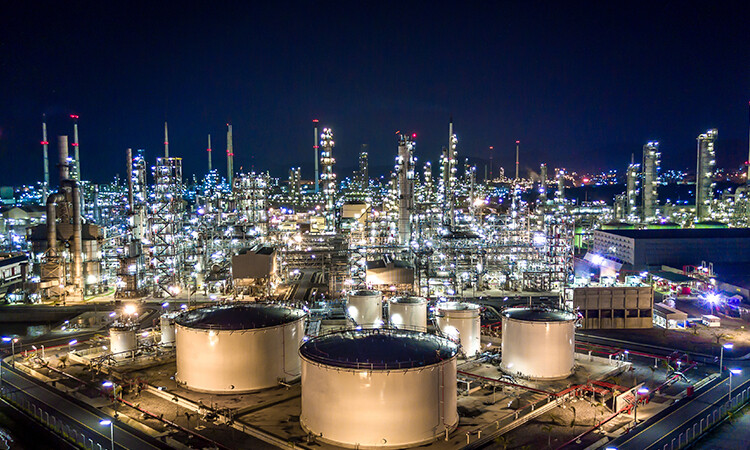
Tripoli, Libya – Zueitina Oil Company has successfully restarted operations at the Al-Sabah oil field, marking a significant step in Libya's efforts to revitalize its crucial energy sector. The first well, dormant since a 2015 sabotage incident, has been brought back online, producing approximately 600 barrels of crude oil per day (bpd), as confirmed by the National Oil Corporation (NOC).
The resumption of production at Al-Sabah is a symbolic victory for Libya, a nation that has struggled with political instability and security challenges, particularly affecting its oil infrastructure. The field's shutdown a decade ago was a direct result of the turmoil that followed the 2011 revolution.
The initial crude output is being transported by mobile tankers to the Zella field, located 90 kilometers away. The first shipment since the 2015 cessation is scheduled to depart this Sunday, signaling a tangible return to normalcy.
Zueitina Oil has unveiled a strategic two-phase plan to significantly increase production at the Al-Sabah field. The first phase focuses on reactivating a second well, aiming to double the current output to 1,200 bpd. This immediate boost is crucial for meeting domestic energy demands and contributing to export revenues.
The more ambitious second phase involves the installation of an early production facility (EPF). This facility will integrate 17 additional wells, substantially increasing the field's capacity to 4,000 bpd by the fourth quarter of 2025. Once fully operational, the Al-Sabah field is projected to achieve a total output of 5,000 bpd.
"This resumption is a testament to the resilience of our workforce and the commitment of Zueitina Oil to restoring Libya's oil production capabilities," stated an NOC spokesperson. "The Al-Sabah field's revival is a crucial step in our broader strategy to stabilize and expand our energy sector, which is vital for the nation's economic recovery."
The reactivation of the Al-Sabah field comes at a critical time for Libya, as the country seeks to attract foreign investment and rebuild its economy. The oil sector, which accounts for a significant portion of Libya's revenue, is pivotal to this effort.
Industry analysts note that the successful implementation of Zueitina Oil's expansion plan could have a positive ripple effect, encouraging further investment in Libya's oil infrastructure. However, they also emphasize the need for continued stability and security to ensure the long-term success of these projects.
The NOC and Zueitina Oil are working closely with local communities and security forces to safeguard the field and its operations. This collaborative approach is essential for maintaining the momentum and ensuring the sustained contribution of the Al-Sabah field to Libya's energy landscape.
As Libya continues to navigate its path towards stability and prosperity, the revival of the Al-Sabah oil field stands as a beacon of hope, demonstrating the nation's potential to overcome past challenges and build a brighter future.
[Copyright (c) Global Economic Times. All Rights Reserved.]






























